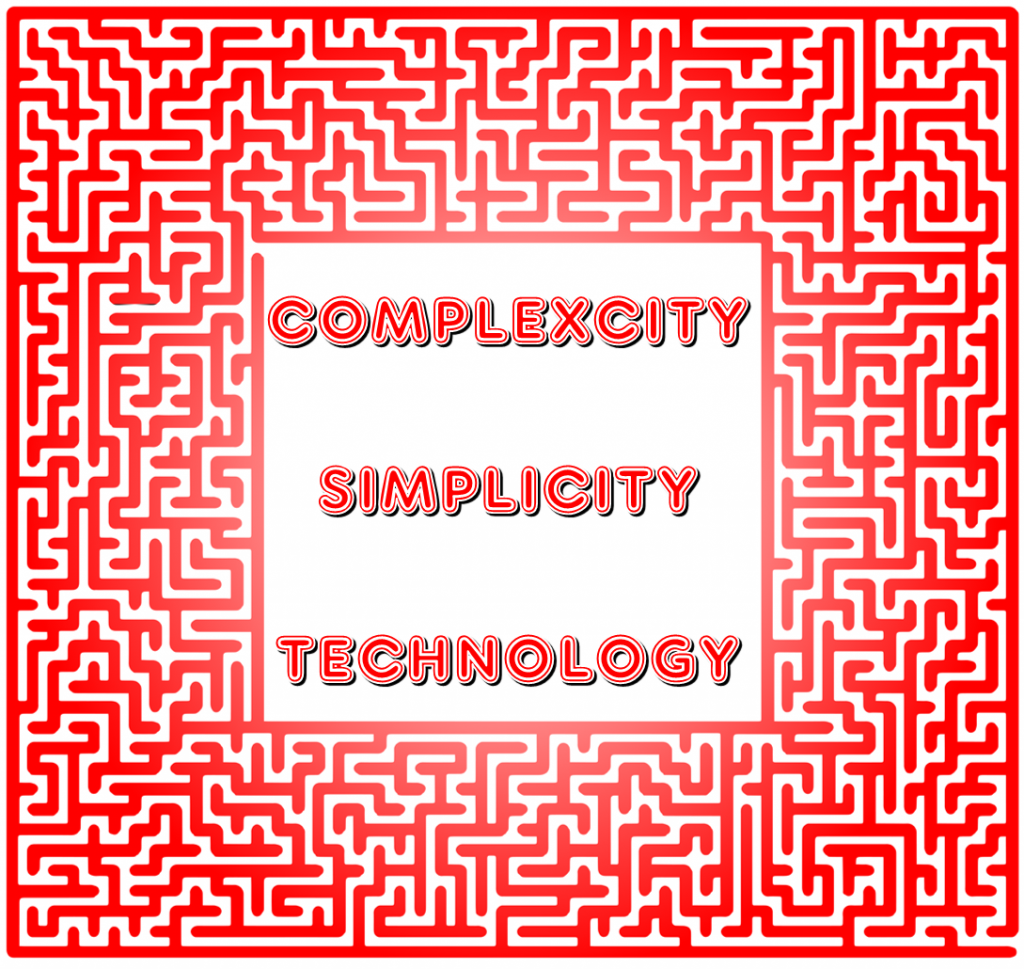As the world becomes more complex, people seem to long for simpler times. The problem with such daydreams is that “simpler times” had their own challenges and, as we all know, there is no going back. Historically, technological advances have made humankind more productive; but, technology has not made life simpler. New York Times‘ columnist Thomas Friedman once stated, “We were promised a simpler life, and technology has only complicated our lives.” With the emergence of cognitive computing systems, technology may now actually help make life simpler. At least that is what Steve Dowse, Senior Vice President of Product Management at Blume Global, hopes will happen in the supply chain arena. “With incredibly high customer expectations set by the on-demand industry,” he writes, “companies need reinforcement in the form of technology like artificial intelligence (AI), machine learning (ML), and the internet of things (IoT). Complexity across the manufacturing and retail landscapes has evolved to unprecedented levels and a breakdown in the supply chain is not an uncommon reason for failures.”[1] PJ Jakovljevic, a principal analyst at Technology Evaluation Centers, agrees the future of supply chain operations will focus on leveraging cognitive technologies. “In a world of big data and high customer expectations,” he explains, “the future of the supply chain rests in the predictive and prescriptive power of artificial intelligence and machine learning.”[2]
Technology in the supply chain
To bolster his argument that technology is making life simpler for supply chain managers, Dowse points to the current truck driver shortage. To mitigate the challenge presented by this shortage, he argues companies need to optimize production of their fleet. Technology can help do that. He explains, “Telematics plays a critical role in trucking, allowing drivers to complete more jobs in fewer hours and miles with real-time visibility into important details like vehicle location, live traffic data and route analytics. Telematics providers are adapting their technology to provide commercial drivers with a complete management program to improve operational efficiencies. It lets truck drivers easily navigate to the closest rest points and reschedule late arrivals with voice on a robotic process automation (RPA) platform.” The staff at CIO Review agrees with Dowse’s assessment. They write, “Many leading logistics companies are harnessing these technologies to fine tune their core strategies like warehouse locations. AI and ML tools also help to enhance real-time decision-making issues like availability, costs, inventories, carriers, vehicles, and personnel.”[3]
The rapidly increasing generation and accumulation of data is what sparked the digital supply chain revolution. The CIO Review staff notes, “The transportation industry has been accumulating data for decades as trucking, rail, and sea cargo was being tracked by satellite via telematics. Recently, IoT devices have been a significant contributor to data accumulation. These data feeds enable AI and ML tools to provide greater optimization and responsiveness across the whole of logistics, supply chain, and transportation footprint.” Following are some of the ways, technology is impacting supply chain operations.
Improved customer experience. Pervinder Johar (@PervinderJohar), the CEO of Blume Global, notes, “Natural language processing (NLP), a technology that helps computers understand and even interact with human speech via AI and machine learning, reduces administrative overhead in the supply chain. And among its many benefits to the field, NLP can eliminate language barriers, which in turn improves supplier relationships and customer service by allowing for smoother communications and seamless interactions regardless of the situation, locations or parties involved.”[4]
Advanced analytics. Dowse notes, “Predictive analytics has become more useful to address common issues in the freight industry, but the slow adoption of technology leads to stagnation. Industry leaders must collaborate to increase adoption since the proven benefits are significant.” Rich Sherman (@guruofscm) a senior fellow at Tata Consultancy Services’ Supply Chain Center of Excellence, believes control towers built on a foundation of cognitive technologies and advanced analytics will manage future supply chains. He explains, “Unlike traditional ‘enterprise’ supply chain analytics, platform analytics consider the community ecosystem holistically and consider data, transactions, movement, workflows, and material flow paths from all of the participants in the ecosystem. Using advanced cognitive analytics based on AI and machine learning, the control towers are evolving to orchestrate and optimize all logistical components comprising a market ecosystem and offering a level of step change productivity, efficiency, asset utilization, and cost reduction well beyond any one participating company can achieve.”[5]
Real-time decision-making. Sherman asserts, “Competition in digital markets isn’t against companies; rather, it’s competing against time. Connecting with channel-wide data is the foundation for smart digital supply network management.” The CIO Review staff adds, “Logistics companies handle a myriad of complex repeatable tasks like combing through thousands of possible candidates, routes, and schedules that require analysis of a large amount of input data to make the best choices. AI and other related tools can automate the analysis and narrow their selections to very few numbers within a span of two or three seconds.”
Strategic optimization. “Artificial intelligence plays an important role in optimizing the modern supply chain,” Johar asserts, “and in our advancing field, business leaders who aren’t already implementing AI run the risk of falling behind and will struggle to maintain, or obtain, a competitive edge.” The CIO Review staff adds, “Many leading supply chain companies are learning to gather and comb information to make the best decisions regarding the deployment of inventories and transportation assets.”
Jakovljevic observes, “This kind of technology application is not without its share of obstacles, risks, and challenges to overcome, but those organizations that do that properly will gain real-time, beyond-human-level insight, and set the standard for supply chain management in the future.”
Concluding thoughts
Johar concludes, “When implemented and used correctly, artificial intelligence can enable exceptional agility and precision in supply chains, regardless of the industry. It can also ignite a transformational increase in efficiencies and decrease in costs where repetitive manual tasks can be automated.” Even though cognitive technologies may simplify some aspects of supply chain management, supply chains remain enormously complex. Rolaids use to run a commercial using the slogan, “How do you spell relief?” For today’s supply chain managers, it could simply be spelled “AI.”
Footnotes
[1] Steve Dowse, “Simplifying complex supply chains with technology,” Supply Chain Dive, 7 March 2019.
[2] PJ Jakovljevic, “The Future of AI and Supply Chain Management,” SupplyChainBrain, 7 February 2019.
[3] Staff, “Artificial Intelligence for Effective Supply Chain Management,” CIO Review, 6 February 2019.
[4] Pervinder Johar, “How Artificial Intelligence Is Bringing The Supply Chain To New Frontiers,” Forbes, 22 February 2019.
[5] Rich Sherman, “Déjà Vu: Leveraging Supply Chain Analytics for Competitive Advantage,” SupplyChainBrain, 6 February 2019.





